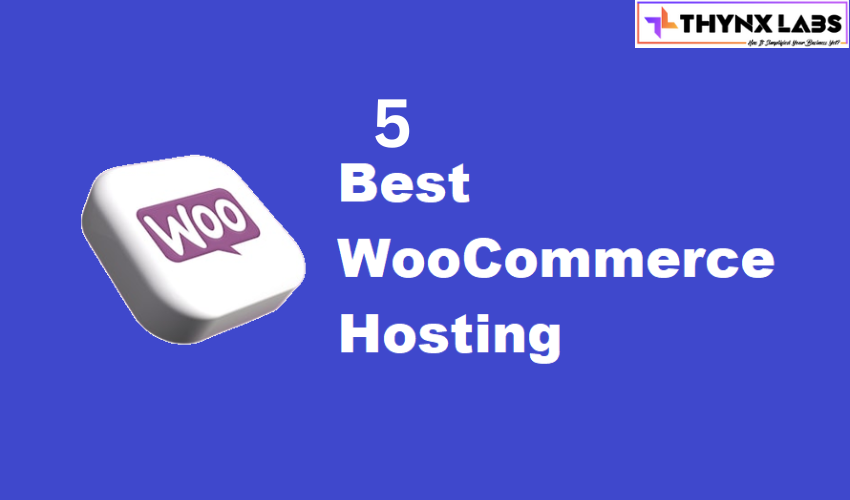Startup Ecosystem in 2023
Introduction
The startup ecosystem has always been a challenging task. We need to build the right habits, initiatives and programs that can help create an environment where startups can thrive. This is why we are going to talk about how the startup ecosystem in 2024 might look like.
The meaning of "startup" is changing.
The meaning of "startup" is changing.
In the last 10 years, the number of startups has grown by more than 50 percent and now accounts for $1.7 trillion in market value worldwide. As a result of this growth, startups are becoming more diverse and globalized than ever before; they're also maturing into sustainable businesses that can continue to grow over time.
A clear picture of the transformation in the startup ecosystem.
The transformation in the startup ecosystem is happening at such a fast pace that it’s not easy to keep up. If you want to understand what is happening, how it affects your business and how you can adapt to this change, then you need a clear picture of the transformation in the startup ecosystem. This will help you understand what changes are coming up and how they will affect your company.
It’s important for entrepreneurs not just because they want their businesses working well but also because they should always be aware of what happens around them so that they can make changes if necessary
Startup Ecosystem In 2023
Startup ecosystem is a combination of people, processes and technology. It refers to the network of startups that are linked to each other through various activities such as collaboration or mutual benefit. The startup ecosystem is an ecosystem of startups that work together in order to achieve common goals and objectives.
The global phenomenon has gained significant attention from investors and entrepreneurs because it offers a new way of doing business: technology-enabled entrepreneurs can collaborate with other businesses around the world without having any physical presence there; instead they can leverage their skills on platforms like Amazon Web Services (AWS), Google Cloud Platform (GCP) or Microsoft Azure Open Source Community Platform
The rise of blockchain startups
Blockchain startups are growing. It’s becoming more and more clear that blockchain technology has the potential to disrupt the traditional way of doing business, especially in the financial sector. It is changing how we do business at every level—from governments and corporations to individuals, who are now able to trade assets directly with each other without needing a third party involved.
With this new paradigm comes an opportunity for entrepreneurs who want to create new opportunities through innovative applications of blockchain technology.
Demographic shift in founders and investors
Given the current demographic trends, it's no surprise that there are more women than ever before in startups. According to TechCrunch, women now make up 44% of founders and investors who have raised funds through Kickstarter or AngelList—up from just 25% in 2011. The numbers also show that there are more men-led startups than ever before: 48%, compared to 46%.
In addition, we're seeing an increasing number of immigrant founders (29%), as well as non-traditional entrepreneurs (18%) who don't fit into either category—including those who were born outside the U.S., like me!
How will this affect how we view the scale and success of a company today?
How will this affect how we view the scale and success of a company today?
In the future, companies will be measured by their impact on society rather than just their financial metrics. This shift in mindset will allow for new types of businesses to thrive, as well as for existing ones to grow faster than ever before. In fact, it's not uncommon for startups today to see growth rates of more than 1,000%—and this doesn't even factor in all the ways that people can use their products or services today (e-commerce).
These changes will have a significant impact on how we view success and scale.
While the rise of blockchain startups has been a big part of this shift, it's also been helped by the fact that more people are building companies and launching them early in their careers.
Furthermore, there's another factor at play: the demographic shift in founders and investors. In 2020, for example, one out of every five entrepreneurs was under 30 years old—a statistic that continues to rise each year as more millennials join the workforce (and start their own businesses). This means that if you're trying to create something new today or tomorrow—and especially if you're looking for help with marketing or fundraising—you'll need to find other ways than traditional VC funds like Sequoia Capital or Andreessen Horowitz.
Instead, you might want to consider working with peers who can help guide your growth as an entrepreneur through peer-to-peer networks like AngelList or MeetUppr instead!
Why startup ecosystem
The benefits of a strong startup ecosystem include:
-
A large pool of investment capital to support entrepreneurs.
-
Opportunities to learn from other industries and their successes, failures, and lessons learned.
-
Networking opportunities with other entrepreneurs who may be in the same stage as you or further along in your journey.
What it takes to build the perfect startup ecosystem
To build a successful startup ecosystem, you need to take into consideration the following:
-
Government support. Many countries have policies that encourage startups and help them thrive. For example, Germany offers tax breaks and grants to companies with at least 500 employees. Additionally, China has invested heavily in its research and development sector through government-run programs like "China R&D 100" (a $2 billion fund). These types of initiatives provide more opportunities for entrepreneurs than they do in other countries where there are fewer regulations regarding business ownership or expansion abroad.
-
Access to capital/funding sources/corporate partners/investors - When starting out as an entrepreneur there is often a lot of uncertainty about what type of business model will work best for your company; however once things get rolling it becomes easier because there are many options available now compared with five years ago when most businesses didn't even consider going online! It's important though not just focus only on finding funding but also finding partners who understand what you're trying accomplish together so that both parties benefit from each others' expertise rather than competing against each other."
How to build the right startup ecosystem
One of the best ways to build a successful startup ecosystem is by identifying your target market, defining the problem they are trying to solve and setting goals for yourself.
When you have defined these three things, it’s time to start thinking about how you can help others achieve those goals. You don’t have all the answers yet but there are different paths that can get people where they need to go and with enough work and dedication anyone can achieve anything!
It is important to build a strong startup ecosystem
The startup ecosystem is the combination of all the resources, networks and support that are available to startups. It's not just a bunch of people or places, but also an ecosystem where ideas can grow into businesses. And it's not just about building a successful business; it's also about scaling up your company as quickly as possible because there are no shortcuts in this field at all!
The key to success lies in having strong connections within the ecosystem - whether it's through personal relationships or professional ones - but most importantly being able to identify what your goals are so you know who should be part of your network (and therefore who should help you reach those goals).
Conclusion
The startup ecosystem is one of the most important parts of the economy. It creates jobs, produces innovative products and services, and helps to drive growth across industries around the world. It's also an exciting place for entrepreneurs who want to make their mark on society through business ventures that have social impact as well as financial returns. We have seen some major changes in recent years as well.


